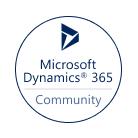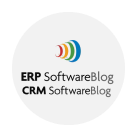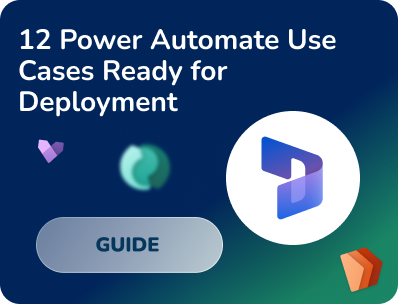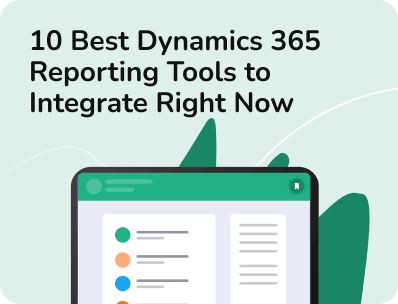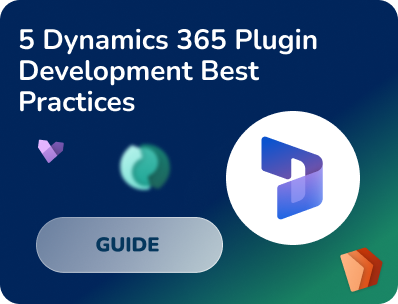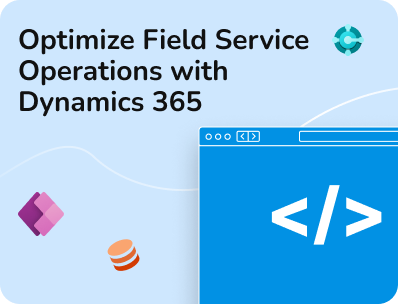- Our Models
- ServicesHesitant in service?
Get in touch with us with your business problem and we’ll consult you on the suitable service solution.
- SolutionsApplicationsLegacy SupportOther Microsoft SolutionsPower Platform ConsultantsAzure ConsultantsAzure Developers
- Industries
- Our Company
 About Us
About UsLearn more about our HireDynamicsDevelopers portal and the team behind it.
Case StudiesRead successful stories from our clients across various industries.
ServicesFind the right service according to your specific business needs.

- Resources
- Our Models
- ServicesHesitant in service?
Get in touch with us with your business problem and we’ll consult you on the suitable service solution.
- SolutionsApplicationsLegacy SupportOther Microsoft SolutionsPower Platform ConsultantsAzure ConsultantsAzure Developers
- Industries
- Our Company
 About Us
About UsLearn more about our HireDynamicsDevelopers portal and the team behind it.
Case StudiesRead successful stories from our clients across various industries.
ServicesFind the right service according to your specific business needs.

- Resources
Dynamics 365 Business Central vs Finance and Operations
Updated: March 19th, 2025 by Ivan Farafonov
Comparing Microsoft Dynamics 365 Dynamics 365 Business Central vs Finance and Operations, it’s essential to understand their distinct features, target audiences, and use cases. Both solutions offer a wide range of functionalities, but they are designed for different types of organizations and operational complexities. Microsoft Dynamics business central vs finance and operations comparison can be seen through understanding the principles of each ERP system.
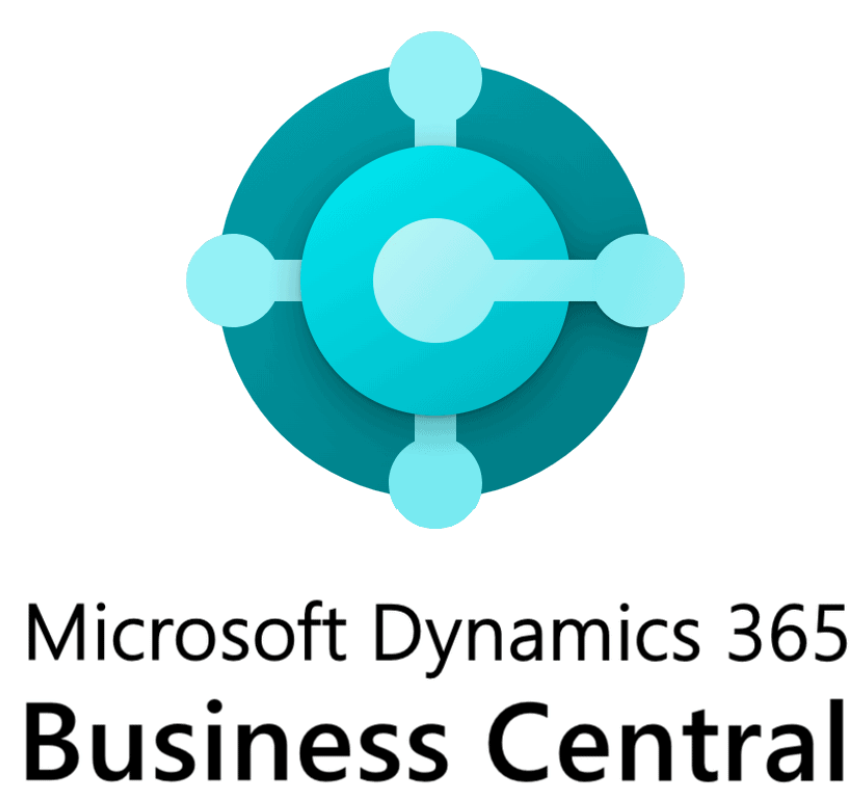
Overview and Features
Microsoft Dynamics 365 Business Central is an all-in-one business management solution designed specifically for small to medium-sized enterprises. It integrates various business processes into a unified platform, allowing organizations to efficiently manage their financials, operations, sales, and customer service. Built on Microsoft’s cloud infrastructure, Business Central offers flexibility and scalability, essential for growing businesses.
Financial Management
In terms of financial management, Dynamics 365 Business Central provides a comprehensive suite of tools. Users can manage their general ledger, accounts payable and receivable, and cash flow. The platform supports multi-currency transactions and provides real-time financial insights, which are vital for making informed decisions. The system also allows organizations to manage their supply chain more effectively by tracking inventory levels, managing orders, and overseeing procurement processes.
Sales and Customer Service
Business Central enables users to create quotes, manage sales orders, and track customer interactions seamlessly. The integrated customer service module helps teams manage service contracts and customer inquiries, ultimately improving overall customer satisfaction. This integrated approach is particularly advantageous for organizations looking to enhance their customer relationship management.
Project Management and Human Resources
The platform also allows users to create budgets, track project costs, and manage resources effectively. This capability supports accurate project tracking and timely delivery of services. Additionally, Business Central includes basic HR functionalities, enabling businesses to manage employee records, track time and attendance, and handle payroll processes.
Customization and Extensibility
A significant advantage of Dynamics 365 Business Central is its customization options. Businesses can tailor the platform to suit their unique needs by developing custom applications and extensions through Microsoft’s AppSource marketplace. This adaptability makes it suitable for various industries. If you need to customize many features and create custom tools, you may consider Business Central consultancy services.
Select a relevant module for your company with our Dynamics experts!
Understanding Dynamics Finance and Operations
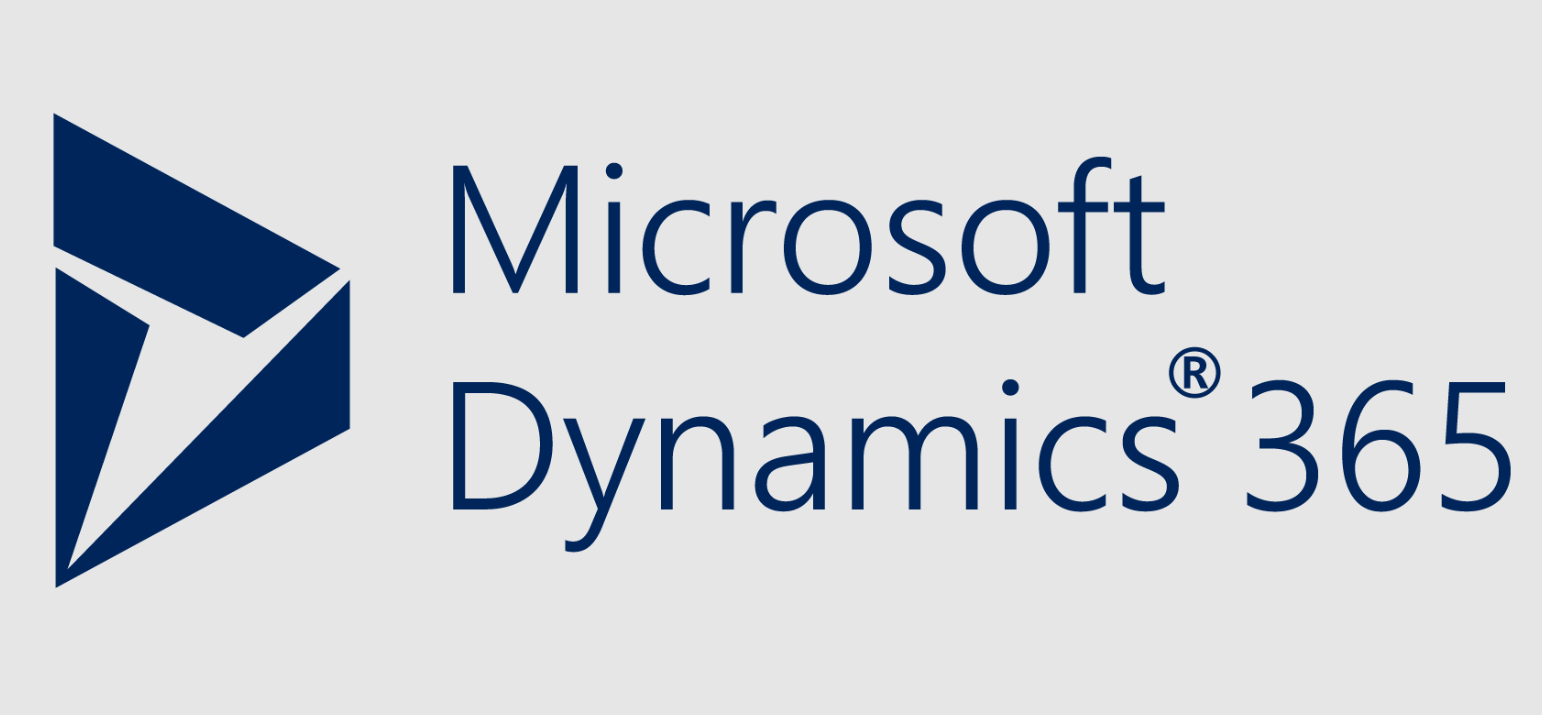
Overview and Features
In contrast, Microsoft Dynamics 365 Finance and Operations is a cloud-based enterprise resource planning solution designed for medium to large enterprises. This platform integrates financial management, supply chain operations, project management, and manufacturing processes into a single system. By enabling organizations to optimize their operations, Dynamics 365 Finance and Operations development provides real-time insights into business performance, which is crucial for larger organizations with complex needs.
Financial Management
The financial management capabilities of Finance and Operations are robust. The platform provides comprehensive tools for budgeting, forecasting, and financial reporting. Users can automate key financial processes such as accounts payable and receivable, general ledger management, and fixed asset tracking. This automation is particularly beneficial for organizations with complex financial needs.
Supply Chain Management
When it comes to supply chain management, Finance and Operations offers wide-ranging features that allow organizations to oversee their entire supply chain, from procurement to inventory management. Users can monitor inventory levels in real-time, manage suppliers, and optimize stock replenishment processes. Advanced demand forecasting and planning tools help ensure that businesses can meet customer demand while minimizing excess inventory, making this platform a strong choice for organizations that prioritize operational efficiency.
Manufacturing Support
Finance and Operations excels in its support for various manufacturing processes, including discrete, lean, and process manufacturing. Users can plan production schedules, track work orders, and manage resources efficiently, leading to enhanced operational efficiency and reduced production costs. This makes it particularly beneficial for manufacturing organizations that require detailed oversight and management of their production processes.
Project Management and Human Resources
The platform also provides powerful project management tools, allowing organizations to plan, execute, and monitor projects effectively. Users can define project budgets, allocate resources, and track time and expenses, enabling better project profitability and accountability.
Additionally, Finance and Operations offers extensive HR functionalities, including employee onboarding, performance management, and payroll processing. By centralizing employee data and automating HR processes, organizations can enhance employee engagement and streamline administrative tasks.
Integration and Analytics
Built-in analytics and reporting tools offer users real-time insights into their business performance. With customizable dashboards and reports, organizations can track key performance indicators (KPIs), analyze trends, and make data-driven decisions. Integration with Power BI further enhances the analytics capabilities of the platform, providing organizations with advanced business intelligence tools.
Difference Between Dynamics Business Central and Finance and Operations
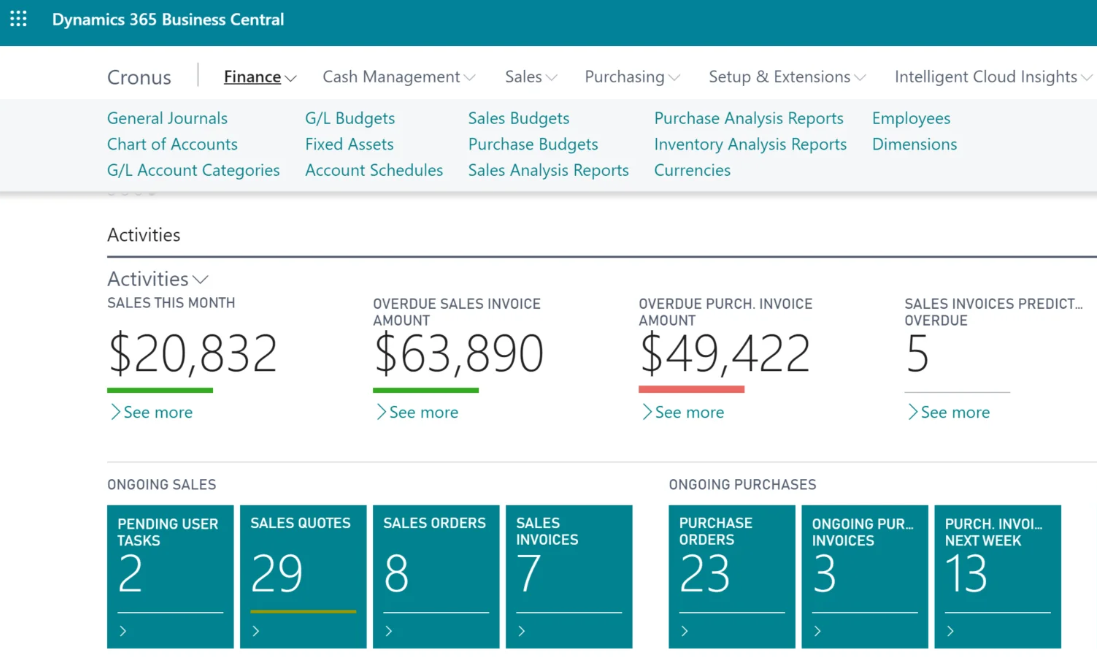
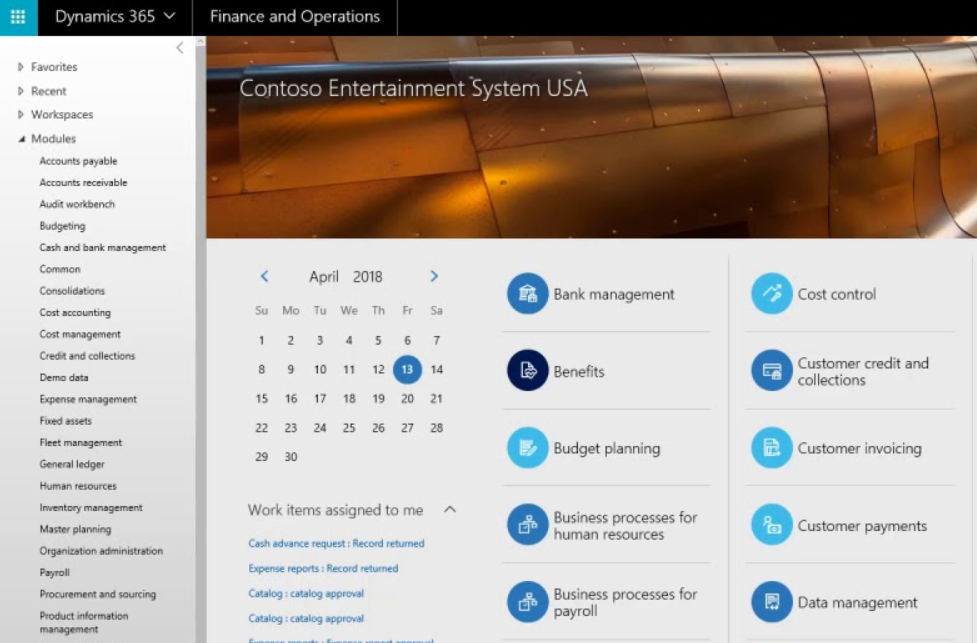
Now, let’s explore the difference between Dynamics business central and finance and operations through a comparison table. This will help clarify the distinctions in functionality and target audiences for each platform.
Comparison Table
Feature Name | Dynamics 365 Business Central | Dynamics 365 Finance and Operations |
|---|---|---|
Target Audience | Small to Medium-Sized Enterprises | Medium to Large Enterprises |
Financial Management | Basic accounting and invoicing | Advanced financial management and tracking with multi-company consolidation |
Supply Chain Management | Basic inventory and order management | Extended supply chain and procurement capabilities. Full SCM process. |
Manufacturing Support | Limited manufacturing features(Premium version only) | Comprehensive manufacturing processes (discrete, process, lean) |
Project Management | Simple project tracking | Detailed project planning and resource management with different stages and subprojects. |
Human Resources | Basic HR functionalities(Premium version only) | Extensive HR management, including talent management and payroll |
Customization | Limited customization options | Highly customizable for specific industry needs as it has a lot of features that can be customized |
Implementation Complexity | Easier and quicker implementation | More complex with longer implementation times |
Integration | Integrates mostly with Microsoft 365 | Integrates with other Dynamics 365 apps and offers advanced reporting |
Pricing | Lower total cost of ownership | Higher pricing, suited for larger budgets. |
Business Intelligence | Basic analytics and reporting | Advanced analytics with Power BI integration |
User Interface | User-friendly and intuitive | More complex but powerful interface |
Some of Our Dynamics Experts
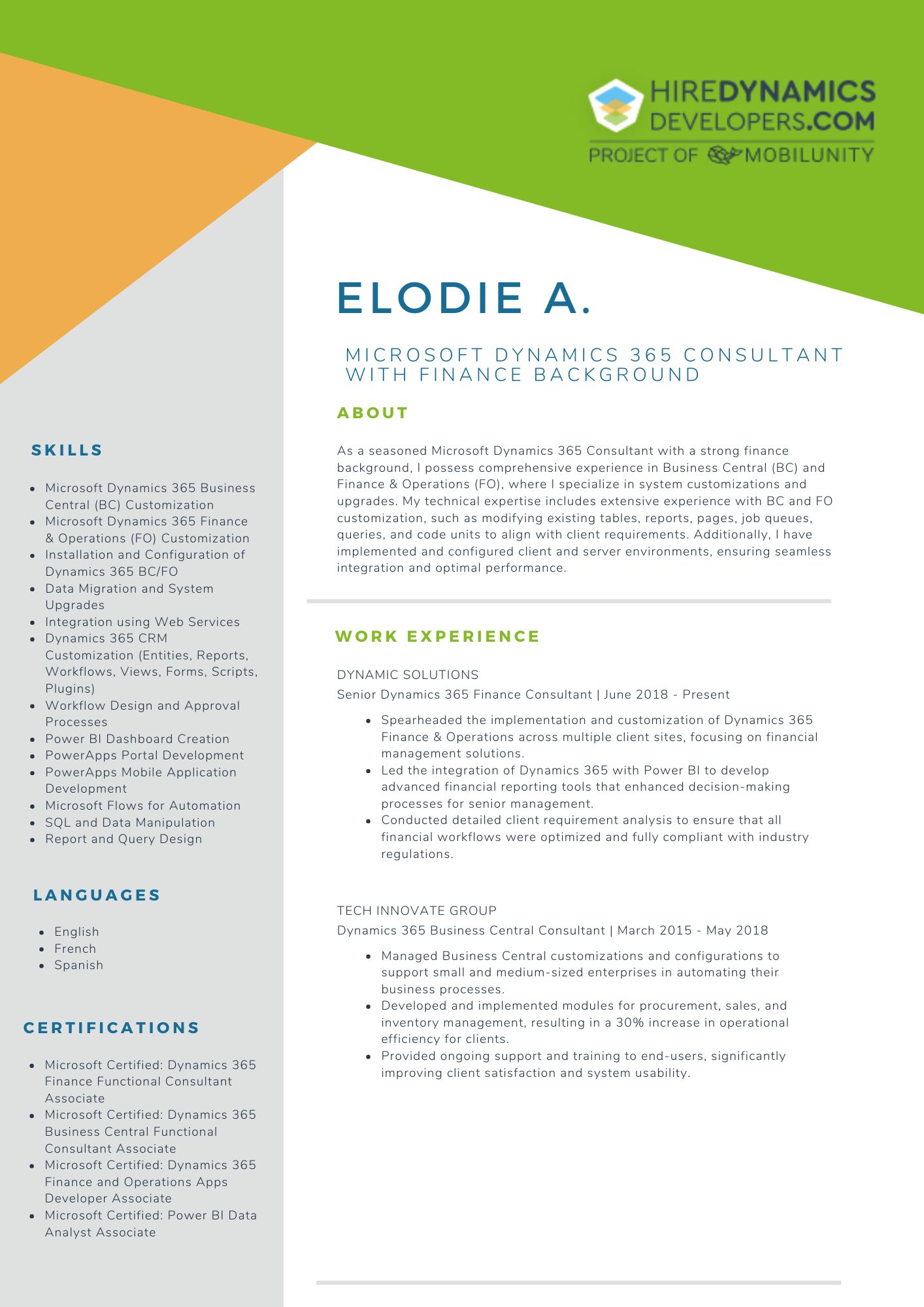
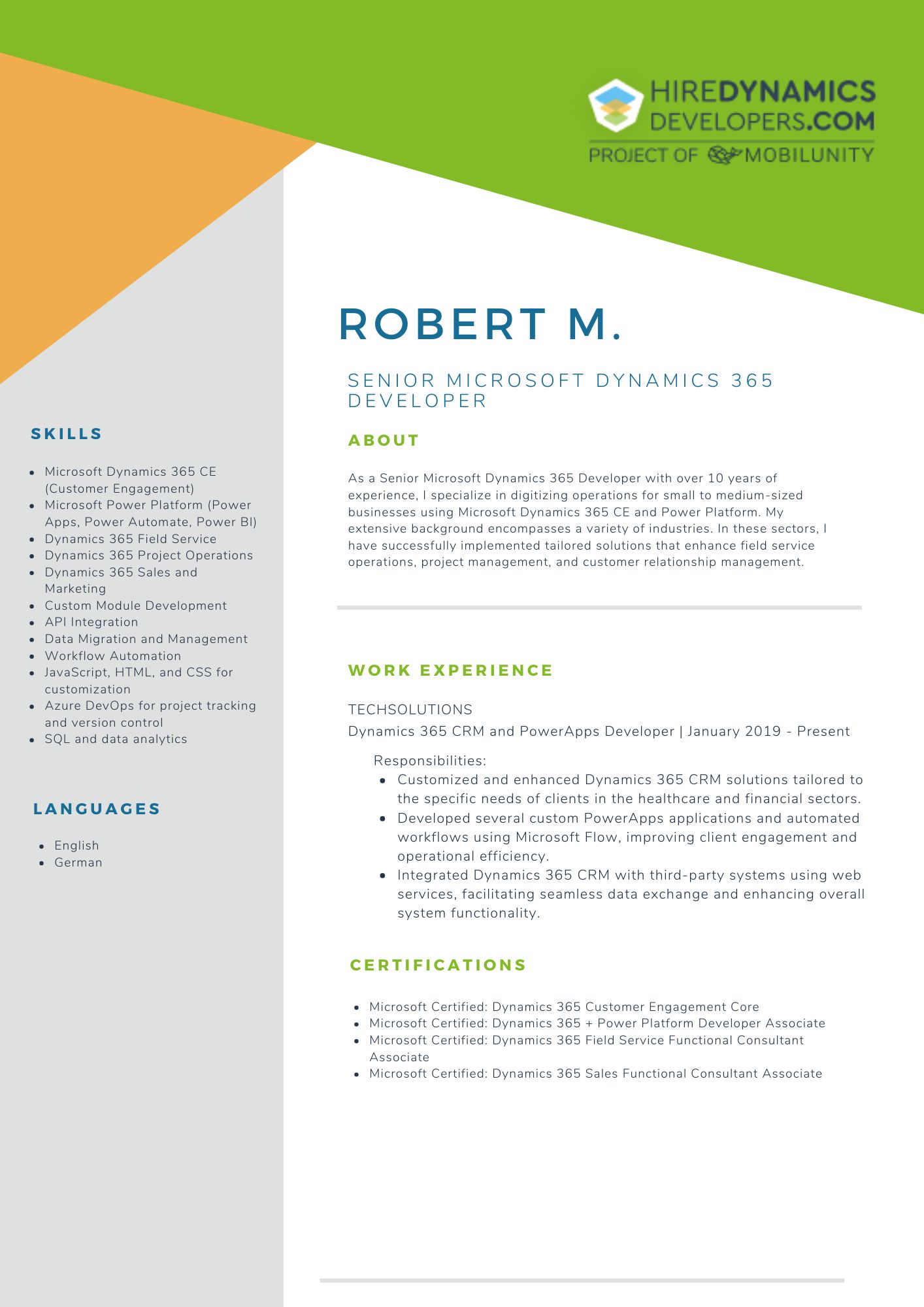
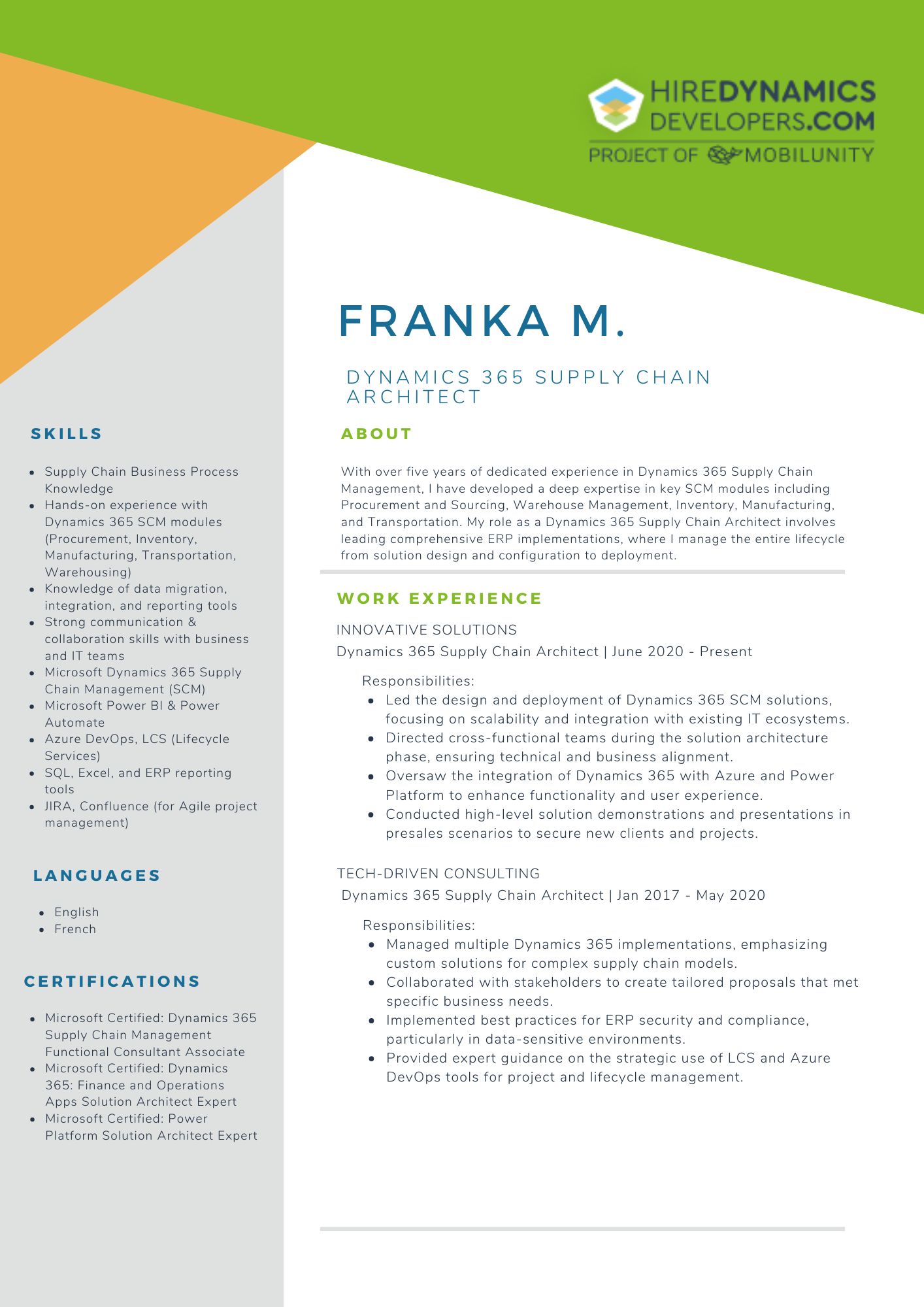
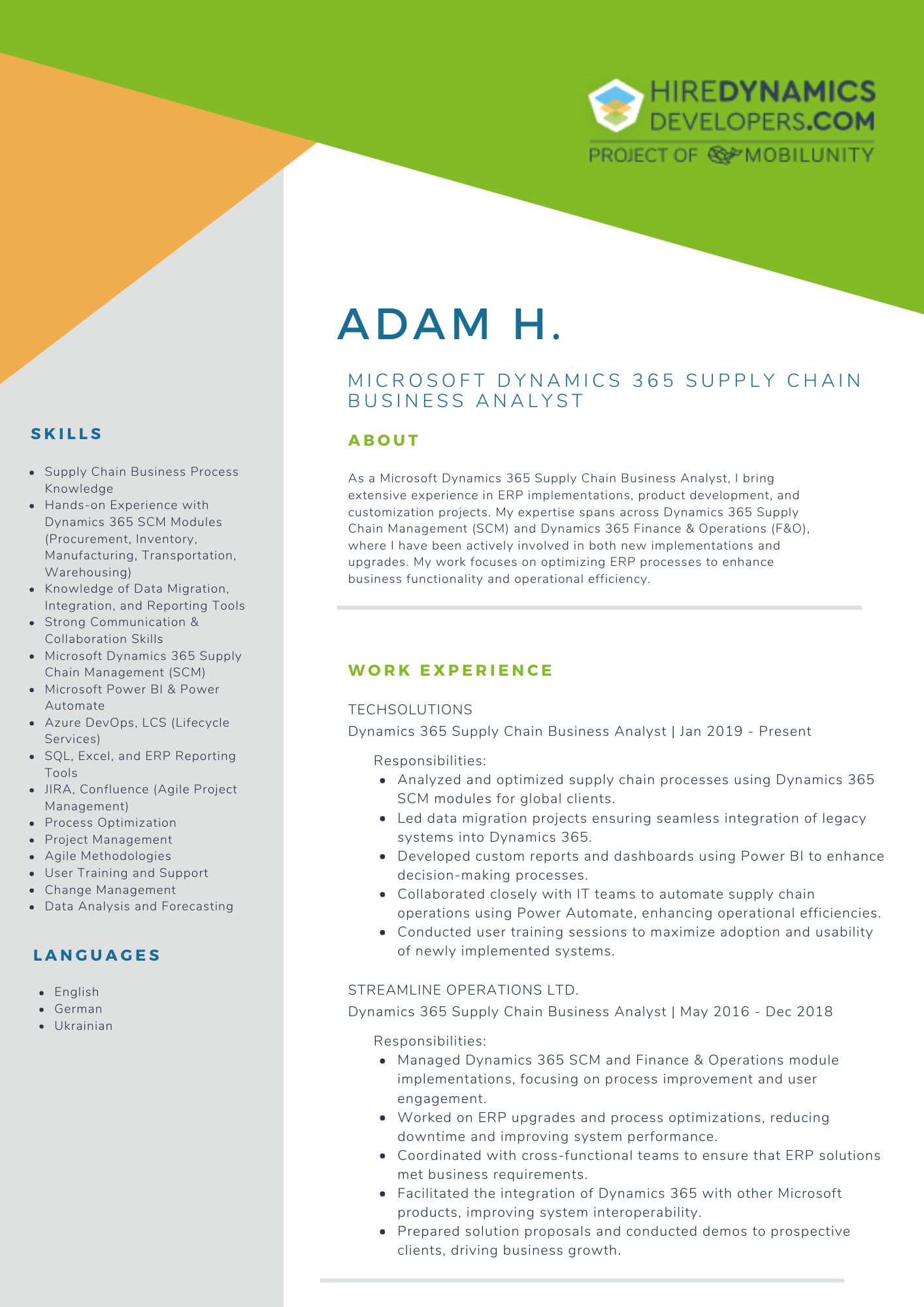
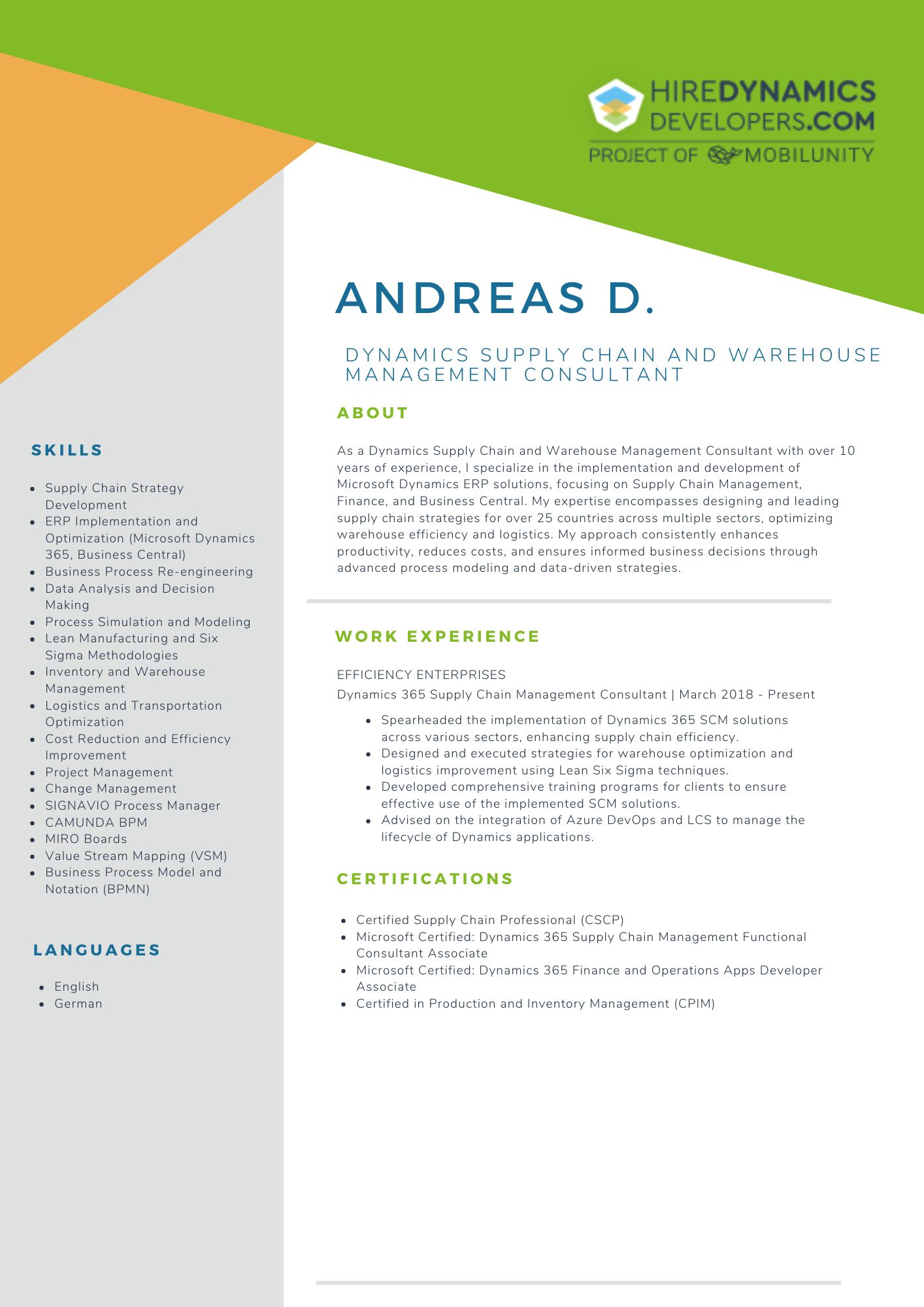
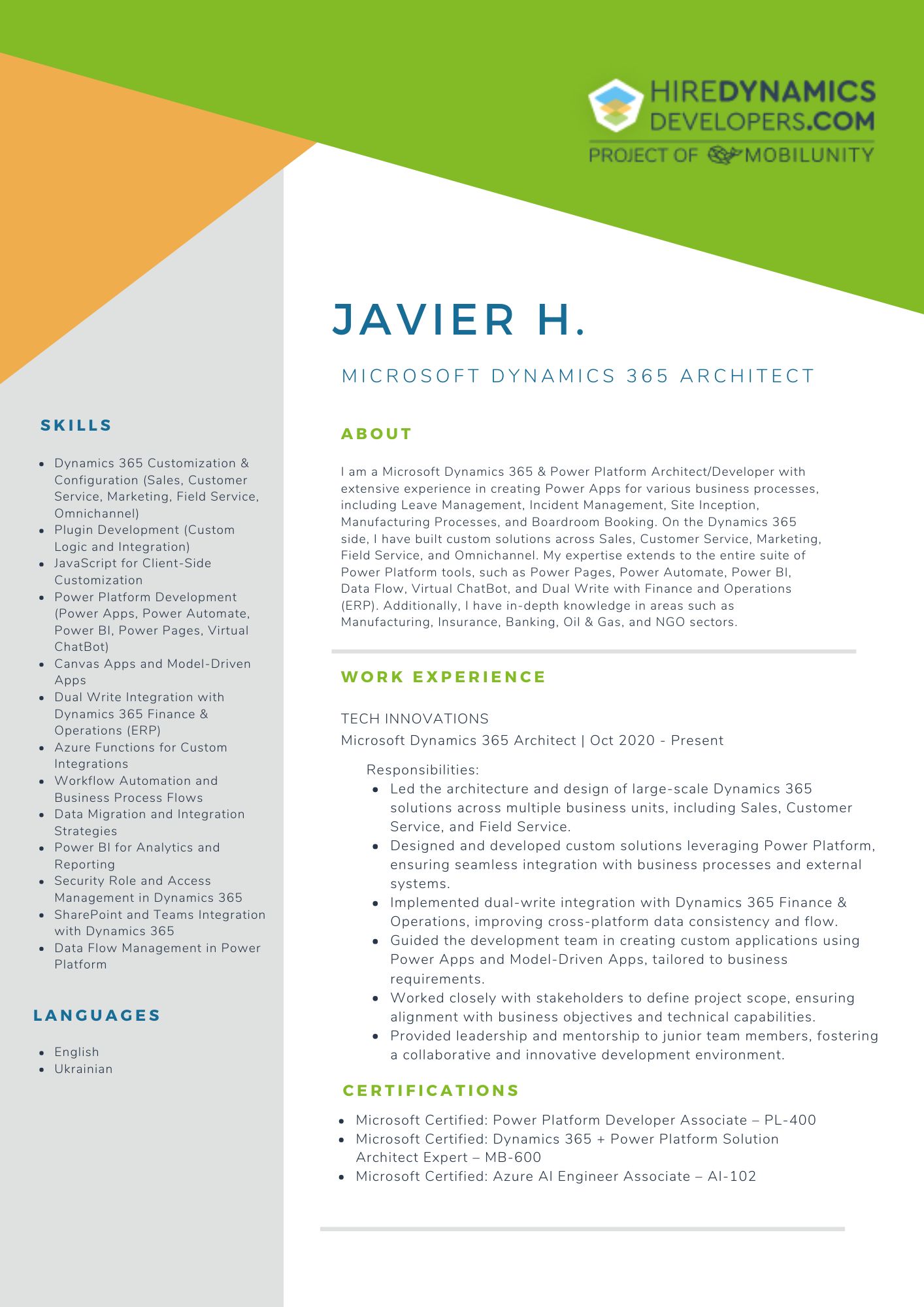
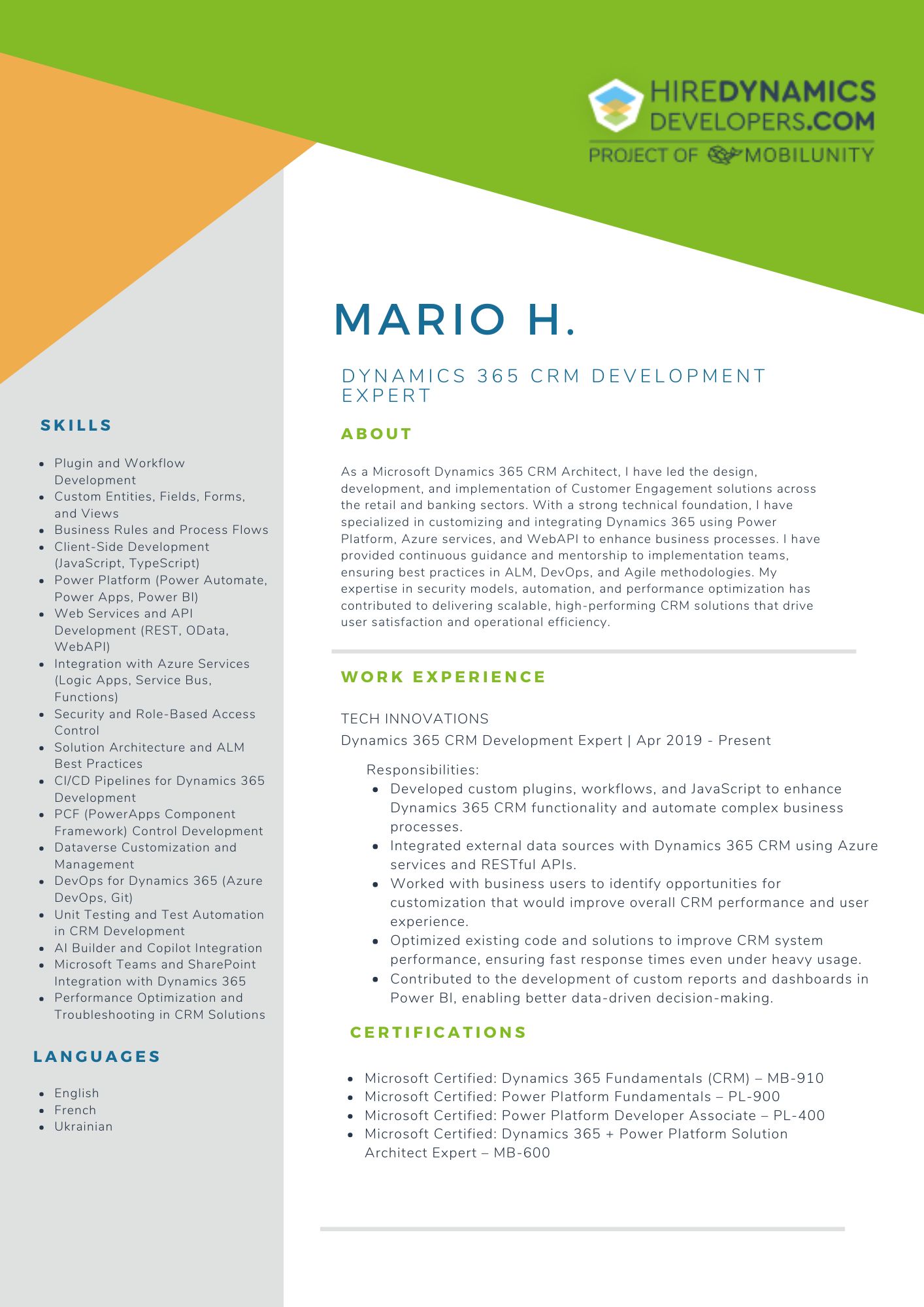
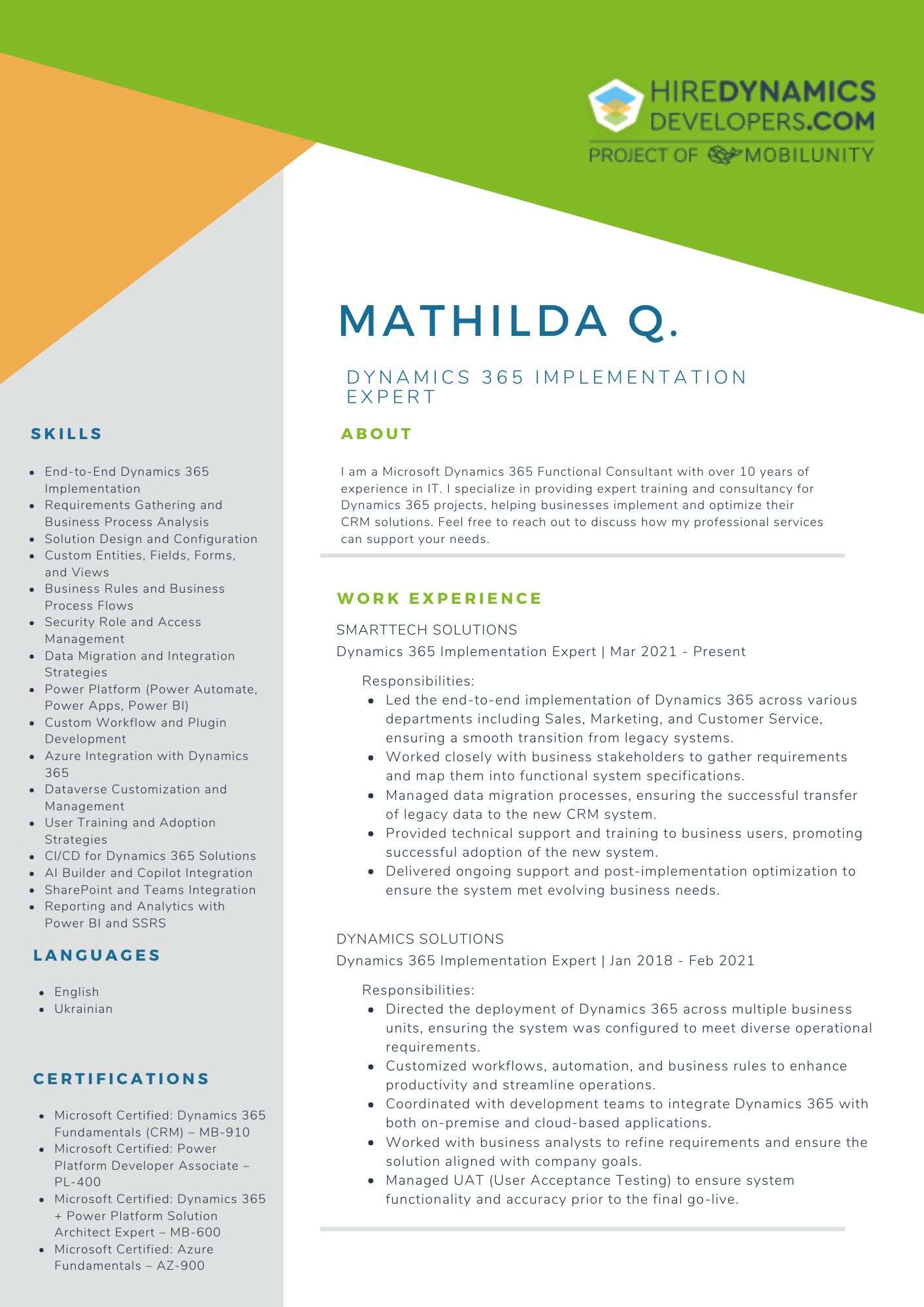
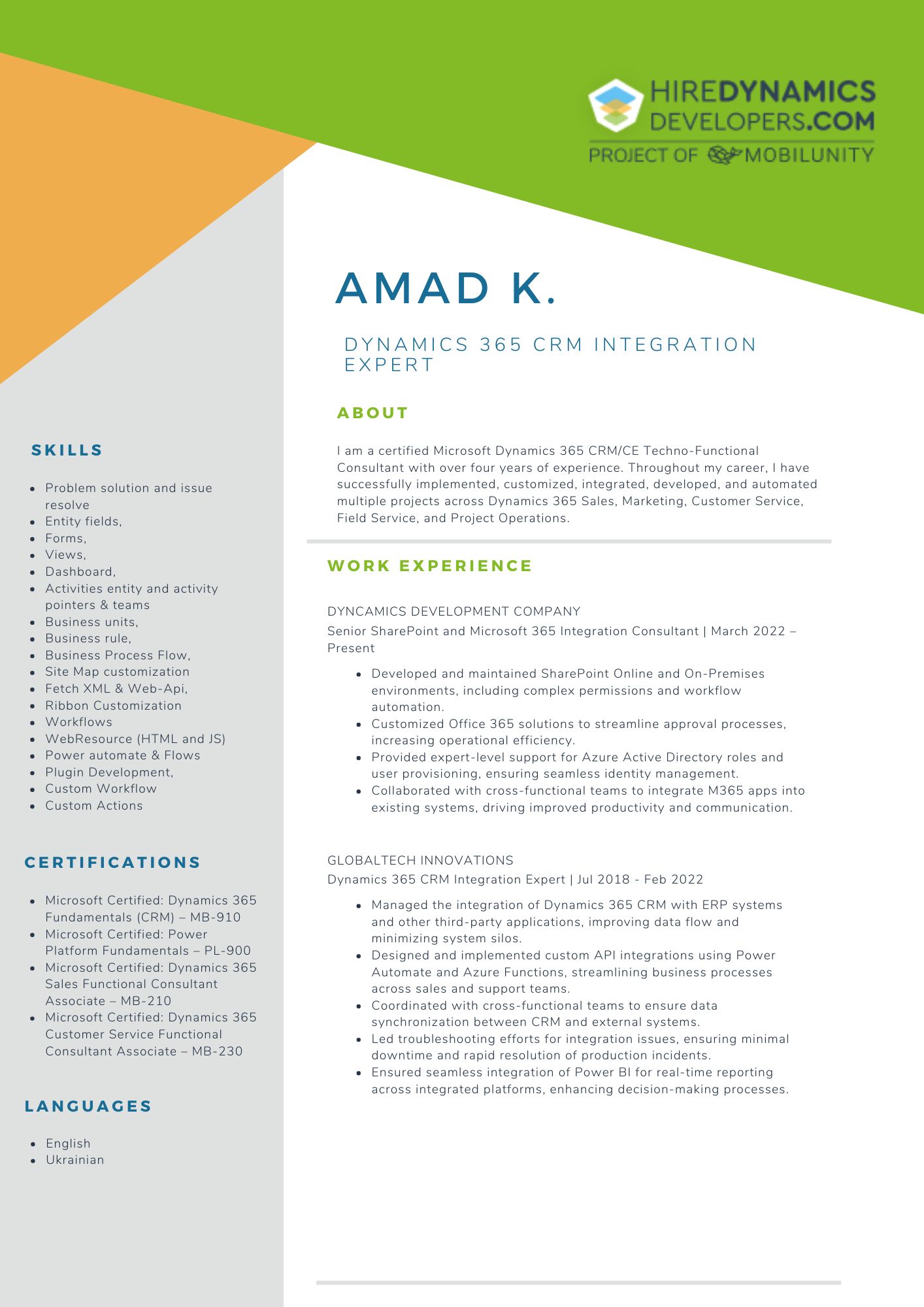
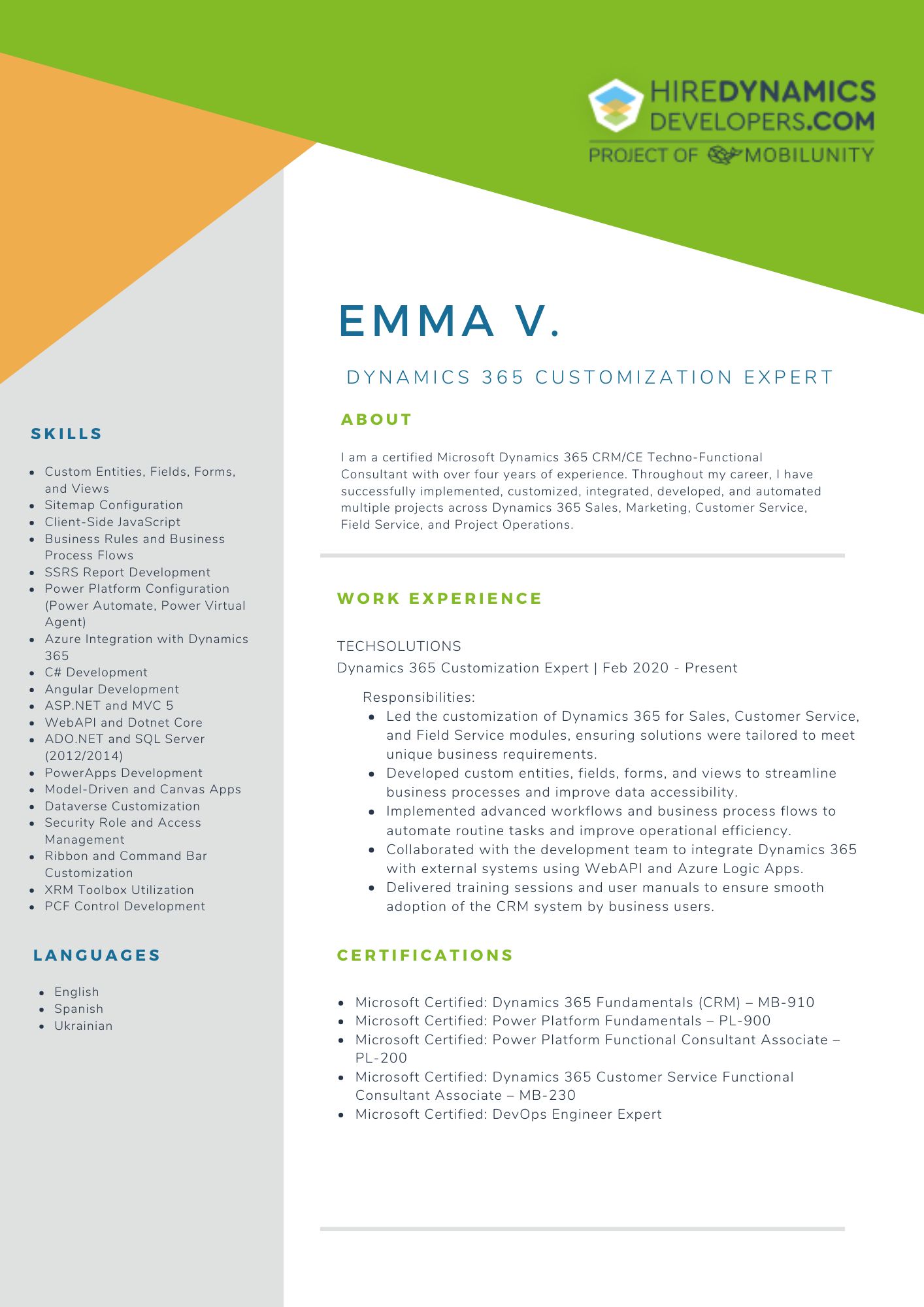

Difference Explaining in Detail
Now we can look through table points of comparison Dynamics business central and finance and operations deeper:
Core Features
Business Central
- Financial Management: Basic features for managing accounting, invoicing, budgeting, and financial reporting.
- Supply Chain Management: Basic inventory management and order processing capabilities.
- Sales and Customer Service: Integrated CRM functionalities for managing sales and customer relationships.
- Project Management: Simple project tracking and resource management.
- Human Resources: Basic HR functionalities, such as employee records and time tracking.
Finance and Operations
- Financial Management: Advanced features for complex budgeting, financial operations, accounting, multi-company consolidation and advanced analytics.
- Supply Chain Management: Robust capabilities for demand planning, procurement, and inventory management across multiple locations.
- Manufacturing: Comprehensive tools for various manufacturing processes (discrete, process, and lean).
- Project Management: Detailed project tracking, resource allocation, and profitability analysis.
- Human Resources: Extensive HR functionalities including talent management, payroll, and employee performance tracking.
Complexity and Customization
Business Central
- Complexity: Generally simpler and easier to implement, making it user-friendly for organizations with less complex needs.
- Customization: Offers customization options but is less extensive compared to Finance and Operations. Suitable for businesses that do not require heavy modifications.
Finance and Operations
- Complexity: More complex and may require a longer implementation time due to the extensive features and capabilities.
- Customization: Highly customizable to meet the specific needs of different industries. This flexibility allows larger organizations to tailor the solution to their unique operational workflows.
Integration and Ecosystem
Business Central
- Integration: Integrates well with Microsoft 365 basic applications (like Outlook and Excel) and offers access to a wide range of third-party applications through AppSource.
- Ecosystem: Part of the Microsoft ecosystem, providing users with a familiar interface and ease of use.
Finance and Operations
- Integration: Seamlessly integrates with other Dynamics 365 applications (like Sales and Customer Service) and offers advanced reporting capabilities through Power BI.
- Ecosystem: Also part of the Microsoft ecosystem but designed for a more extensive enterprise-level integration.
Pricing
Business Central
Typically has a lower total cost of ownership compared to Finance and Operations, making it more accessible for companies.
Finance and Operations
Higher pricing due to its advanced features and functionalities, which may be more suitable for larger budgets associated with medium to large enterprises.
General recommendations
For Small to Medium Companies | For Medium to Large Companies |
|---|---|
Dynamics 365 Business Central is the better choice. It offers a user-friendly interface, comprehensive functionalities, and is cost-effective for organizations that need a solid foundation for managing their business processes without the complexities of extensive customization. | Dynamics 365 Finance and Operations is more suitable. Its advanced capabilities in financial management, supply chain logistics, and manufacturing make it ideal for organizations with complex needs that require extensive customization and integration with other systems. |
Conclusion
In conclusion, comparing Dynamics Business Central vs Finance and Operations highlights the unique strengths of each platform, catering to distinct business needs. Business Central shines as a user-friendly option for small to medium-sized enterprises, offering a seamless, integrated experience. In contrast, Finance and Operations is designed for larger organizations, delivering advanced features and customization to meet complex demands.
By reviewing these differences of D365 Business Central vs Finance and Operations, businesses can make informed choices that align with their size, operational complexity, and specific requirements. Both systems excel in integrating critical functions like financial management, supply chain operations, manufacturing, project management, and human resources, empowering companies to enhance efficiency and drive growth.
Ultimately, the decision between business central vs finance and operations depends on the unique landscape of each organization. Understanding these tools ensures that businesses select the right solution to support their journey toward ultimate success.
Let's compare Business Central vs Finance and Operations with our experts!
Get in touch with us for a reliable consultation!
Outline

Tymur S.
10 HOURS / WEEK

Arvid O.
20 HOURS / WEEK
Request Our Services
Discover the Full Comparasion of Dynamics 365 Business Central vs Finance and Operations!
Your Partner Recognized in Dynamics Community

